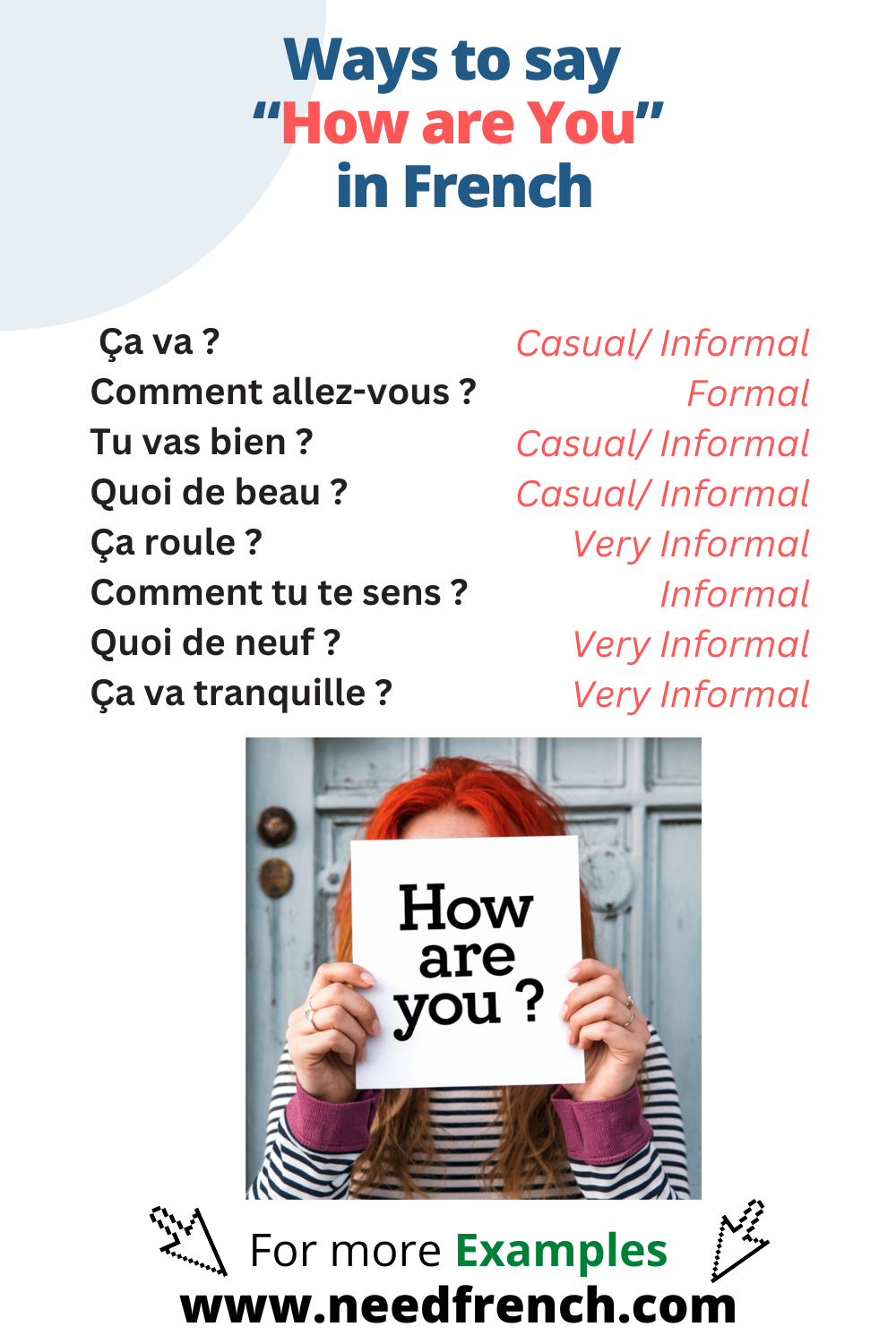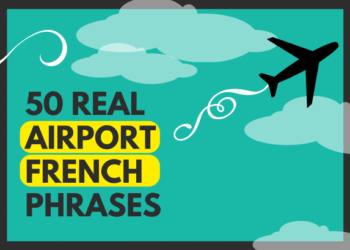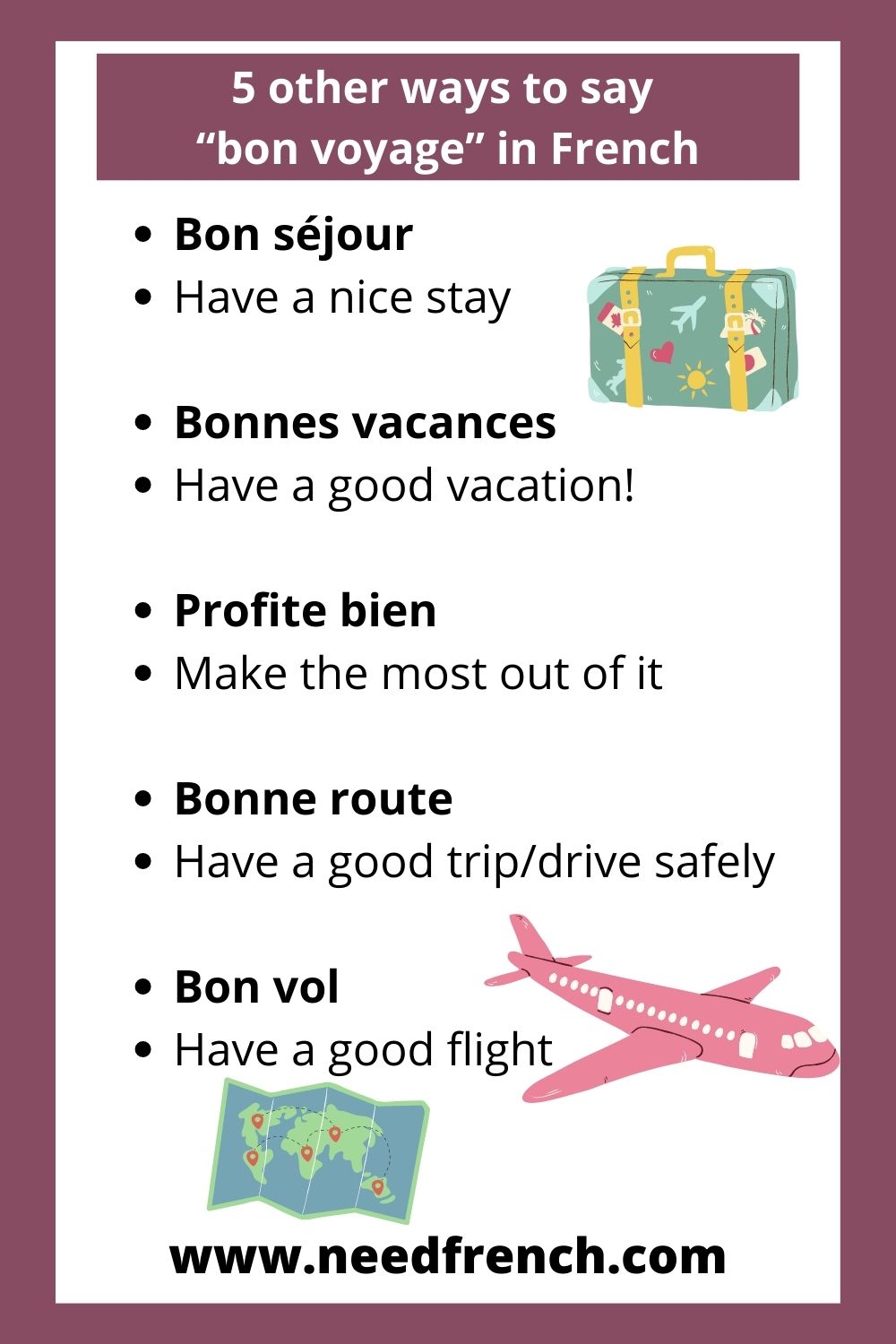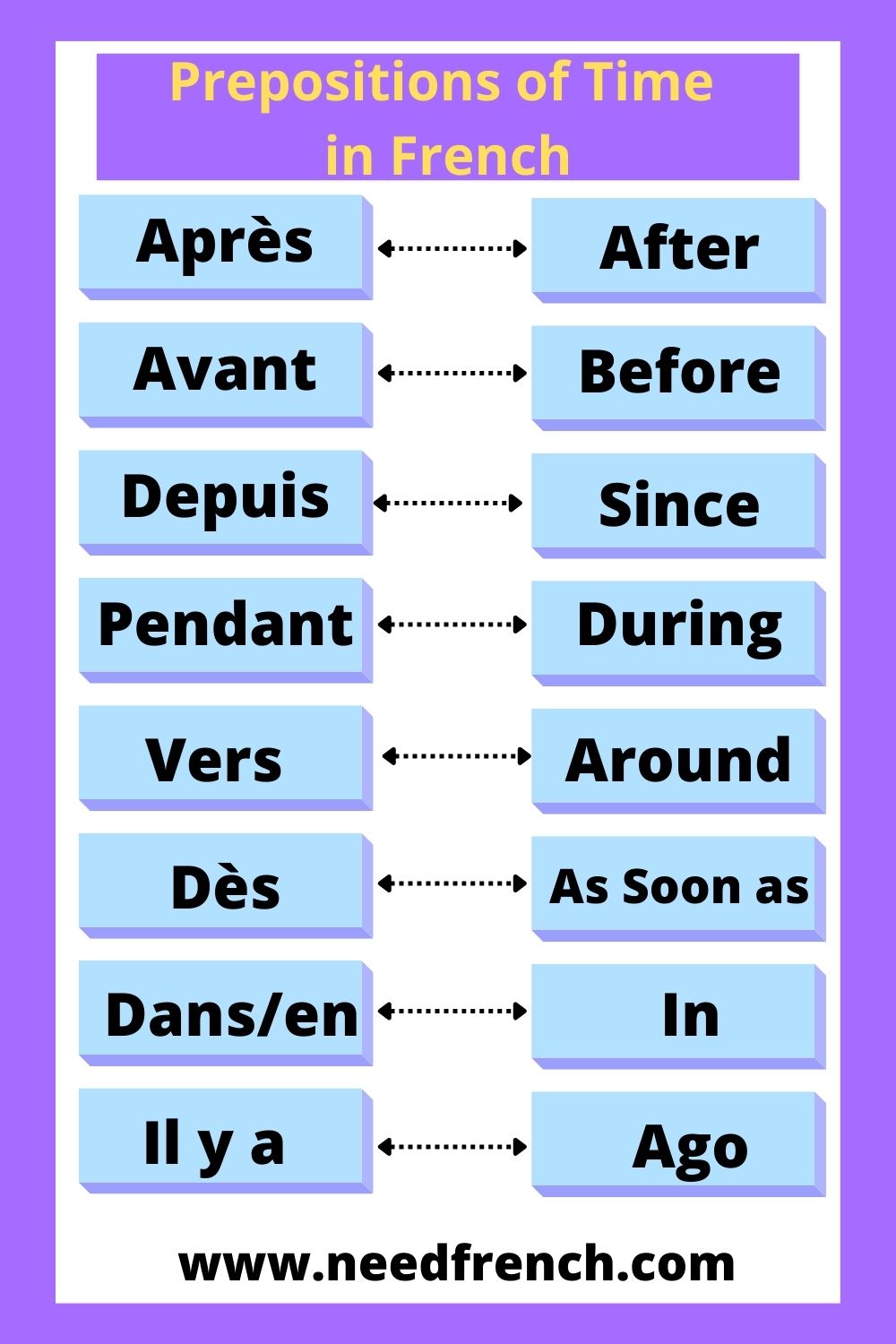Learning how to ask “How are you?” is a fantastic starting point for anyone diving into French conversation. In France, greetings like these are a daily ritual, often exchanged multiple times with the same person. Mastering different ways to ask this simple question will not only make your French sound more natural but also help you navigate various social settings with ease. Whether you’re chatting with a friend or greeting a stranger, this guide introduces seven beginner-friendly expressions, complete with pronunciations, meanings, and tips to get you started.
Common Expressions
1. Ça va ?
- Pronunciation: /sa va/ (sah vah)
- Meaning: The go-to phrase for “How are you?” in French, “Ça va?” is casual, friendly, and incredibly versatile. It literally means “It goes?”
- When to Use: Perfect for everyday situations with friends, family, or anyone you’re comfortable with. (Casual/Everyday Informal)
- Example Responses:
- “Ça va bien, merci !” (I’m good, thanks!)
- “Oui, ça va !” (Yes, I’m good!)”
- Bof, ça va.” (So-so.)
2. Comment allez-vous ?
- Pronunciation: /kɔ.mɑ̃.t‿a.le.vu/ (koh-mahn-tah-leh-voo)
- Meaning: This is the formal version of “How are you?” in French, translating to “How are you going?”
- When to Use: Use it in formal situations, such as with strangers, elders, or in professional settings like business meetings or when addressing someone in authority.
- Example Responses:
- “Je vais bien, merci.” (I am well, thank you.
- “Très bien, et vous?” (Very well, and you?)
- Note: While “Comment allez-vous?” is polite and respectful, it’s less common in casual, everyday conversations among friends. Stick to the informal expressions for those situations.
3. Tu vas bien ?
- Pronunciation: /ty va bjɛ̃/ (too vah bee-en)
- Meaning: Translating to “Are you doing well?”, this is another friendly, informal option.
- When to Use: Ideal for casual chats with people you know, like friends or family. (Casual/Everyday Informal)
- Example Responses:
- “Oui, je vais bien !” (Yes, I’m doing well!)
- “Très bien, merci !” (Very well, thanks!)
Important Notes:
- The same expression can become more formal by using “vous” instead of “tu”:
- Informal: “Tu vas bien ?”
- Formal: “Vous allez bien ?”
- The same expression can become more formal by using “vous” instead of “tu”:
4. Quoi de beau ?
- Pronunciation: /kwa də bo/ (kwah duh boh)
- Meaning: Literally “What’s beautiful?”, this informal phrase is a cheerful way to ask “What’s good?” or “What’s new?”
- When to Use: Great for catching up with friends or acquaintances in a relaxed setting. (Casual/Everyday Informal)
- Example Responses:
- “Pas grand-chose !” (Not much!)
- “Tout va bien !” (Everything’s good!)
5. Ça roule ?
- Pronunciation: /sa ʁul/ (sah rool)
- Meaning: A playful, slangy phrase meaning “Is it rolling?”—think of it as “How’s it going?”
- When to Use: Super casual, best saved for close friends or informal vibes. Very Informal (Slang/Casual)
- Example Responses:
- “Ça roule !” (It’s rolling!/All good!)
- “Nickel !” (Perfect!)
6. Comment tu te sens ?
- Pronunciation: /kɔmɑ̃ ty tə sɑ̃/ (koh-mahn too tuh sahn)
- Meaning: This means “How are you feeling?” and digs a bit deeper into someone’s wellbeing.
- When to Use: Use it when you’re checking in on someone’s health or emotions—slightly more personal. Semi-Formal
- Example Responses:
- “Je me sens bien.” (I’m feeling good.)
- “Ça peut aller.” (I’m okay./Could be better.)
7. Quoi de neuf ?
- Pronunciation: /kwa də nœf/ (kwah duh nuhf)
- Meaning: Meaning “What’s new?”, this is a laid-back way to ask about someone’s life.
- When to Use: Casual and friendly, perfect for friends or coworkers. Very Informal (Slang/Casual)
- Example Responses:
- “Rien de spécial.” (Nothing special.)
- “Pas grand-chose.” (Not much.)
8. Ça va tranquille ?
- Pronunciation: /sa va tʁɑ̃kil/ (sah vah trahn-keel)
- Meaning: A chill phrase meaning “Is everything peaceful?”—a very relaxed check-in.
- When to Use: Popular with younger folks or close pals in ultra-casual moments. Very Informal (Slang/Casual)
- Example Responses:
- “Tranquille !” (Peaceful!/All good!)
- “Ça va, tranquille.” (Yeah, all good.)
Tips for Beginners
- Start Simple: Kick off with “Ça va ?”—it’s the most common and easiest to use.
- Match the Vibe: Stick to casual phrases with friends and save formal ones (like “Comment allez-vous?”) for strangers or professional settings.
- Context is Key: Pay attention to the situation—some phrases are too informal for certain moments.
- Practice Responses: Don’t just ask—learn to answer! It keeps the chat flowing.
- Listen Up: Notice which phrases native speakers use and when.
Cultural Notes
- Frequent Greetings: French people often ask “How are you?” multiple times a day, even to the same person—it’s a social habit.
- Politeness Matters: After answering, toss back “Et toi ?” (And you?) to keep things friendly.
- Regional Twists: Some expressions might pop up more in certain areas or with specific age groups.
- Beyond Words: Tone and body language (like a smile or a nod) play a big role in French greetings.
Common Mistakes to Avoid
- Don’t Leave Them Hanging: Always respond when someone asks you “How are you?”—silence can feel rude.
- Watch the Formality: Avoid slang like “Ça roule?” in formal situations.
- Regional Awareness: Some phrases might not click everywhere—listen to locals.
- Skip Literal Translations: English phrases like “How’s it going?” don’t always match French word-for-word.
Wrapping It Up
Asking “How are you?” in French is your ticket to sounding natural and connecting with people. Start with basics like “Ça va ?” and “Tu vas bien ?”, then sprinkle in fun ones like “Quoi de beau ?” or “Ça roule ?” as you get comfy. Practice these with a friend, a language app, or even in front of the mirror—every little bit helps. Pay attention to context, listen to native speakers, and soon you’ll be chatting like a pro. Bonne chance (good luck) on your French journey!















